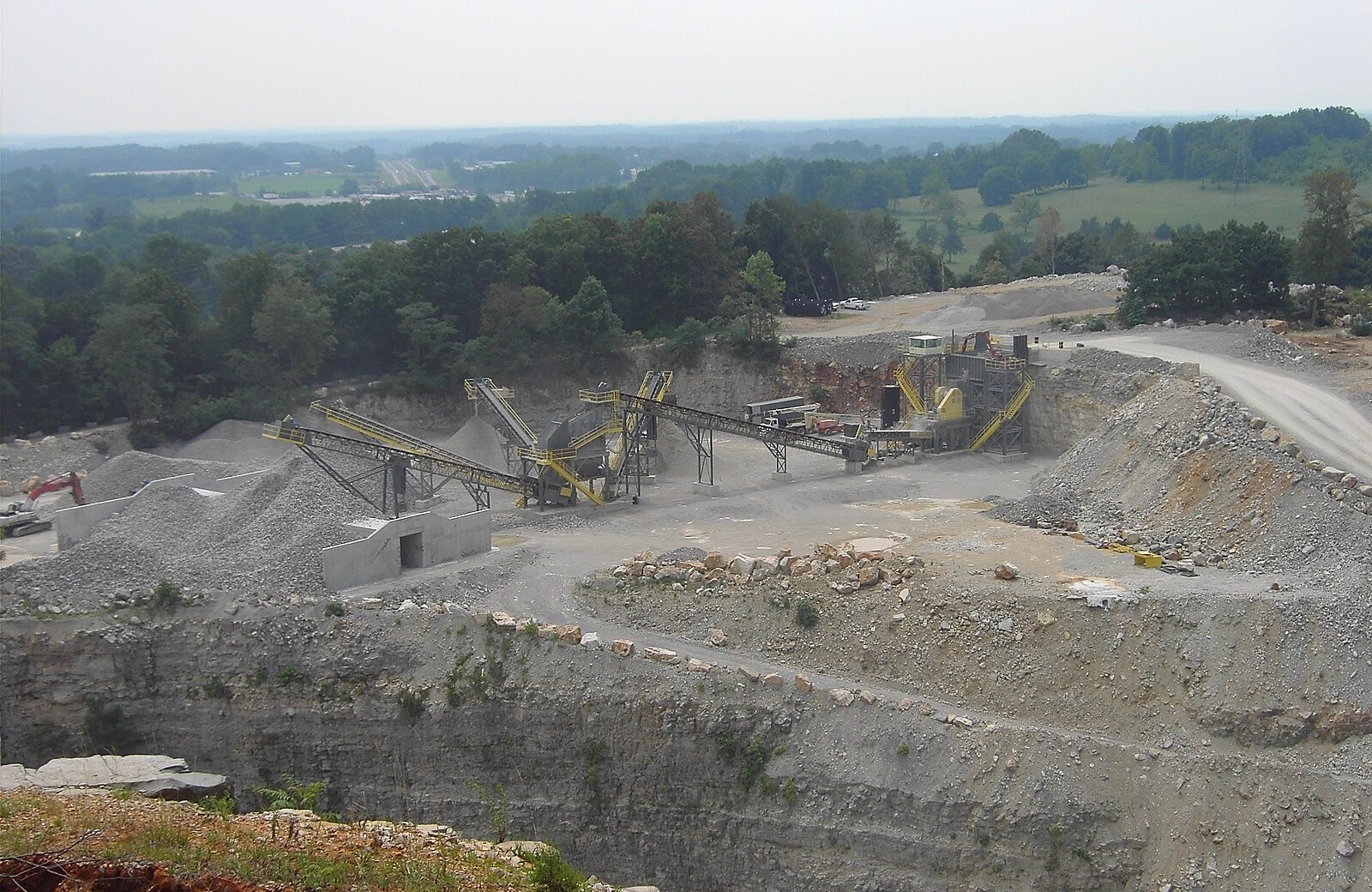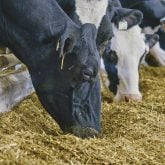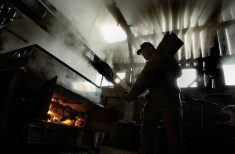Glacier FarmMedia – Hearing all the grim talk about slowing global growth and seeing alarming signs from the bond market, it’s understandable that many believe the world is fated to fall into recession soon, acknowledges the chief economist of National Bank of Canada.
But unless some wild cards get played, the actual chances of a nearby recession show that risk is only “mild,” said Stefane Marion.
However, some of those wild cards are already being played, making it hard to assess the true risk of global recession.
Read Also

Melancthon faces a new quarry fight over water, environment and farmland risks
A proposed Strada blast quarry in Melancthon, Ont., sparks regional debate over water protection, farmland sustainability, and Ontario’s aggregate policy.
“We need to stop this now,” said Marion about the recent spread of trade war rhetoric between the United States and China into currency devaluation.
Marion painted a detailed picture of a unique and complicated world economic and financial situation for the members of the Canadian Special Crops Association during the organization’s annual convention Aug. 21-22 in Montreal.
China recently devalued its currency, dropping it to the lowest level it has had since before the beginning of the 2008-09 financial crisis. That move has been widely interpreted as a strike back against U.S. President Donald Trump’s tariffs on Chinese imports.
The U.S.-China trade war is consuming much attention, but Marion pointed out that many trade disputes are arising around the globe, so it’s a more concerning situation than just a two-country fight. Disputes between Japan and South Korea and the potential economic disruptions around a no-deal Brexit are two other situations that could hurt the already-weak global economy.
The recent decades of globalization have made many major economies much more trade dependent than they were before the free trading era, so de-globalization could have a much bigger impact.
However, while Marion’s views about the trade situation brought a dark tone to his outlook, he was considerably less pessimistic about the underlying chances of recession than many economy-watchers.
Much attention has focused on the inversion of the yield curve, seen by some as an almost-sure sign of an oncoming recession.
(The yield curve is the difference in rates between short-term debt and long-term debt. Usually short-term bond interest rates are lower than longer-term rates. The yield curve is said to be “inverted” when short-term rates become higher than long-term rates, usually a sign that investors see inflation likely to slump in coming years. That tends to happen during a recession.)
Marion said even though yield curve inversions have preceded six of the eight most recent recessions, and there is a current inversion, much of today’s phenomenon is due to quantitative easing (QE) and other central bank financial manipulations in the wake of the financial crisis.
With QE removed from the equation, the risk of recession drops from about 68 percent to just 36 percent, which he described as a “mild probability of recession.”
Around the world, economists have been wrestling with the problem of interpreting traditional economic signals in an era of unorthodox central bank actions, with everything from QE in the U.S. to negative interest rates in Europe confounding many longstanding assumptions.
Many central bankers gathered in Jackson Hole, Wyoming, to debate those issues during the annual Kansas City Federal Reserve Bank’s policy retreat, held at the same time as the CSCA convention.
The exhaustion of central banks’ ability to create sustainable growth, the instability in currency markets and the eruption of geopolitical tensions around the planet dominated discussions.
Since the end of the financial crisis, governments around the world have relied upon central banks to rekindle economic growth ravaged during the meltdown, but for 10 years economic growth has been weak and faltering.
A growing chorus of observers say central banks have almost run out of tricks, and governments will need to find other means of igniting long-term growth if they are unhappy with the current economic situation.
This article originally appeared on the Western Producer.














